

Interviews
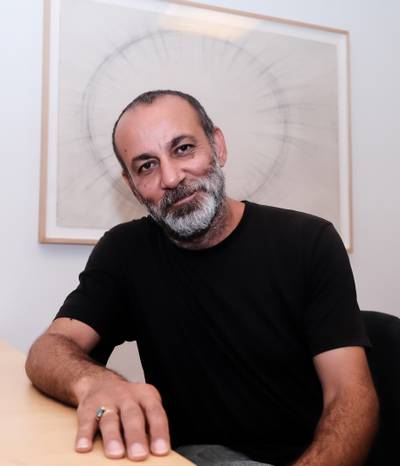

Hiwa is interested in research, participatory working, and collective action, but he is also interested in making it, for lack of a better word, fun. Previously written texts and press articles on Hiwa have called him an “extellectual”, someone who gains knowledge from ‘the streets’, through conversations and the exchange of books. Despite the risk of repeating pre-published information, I find it critically important for the sake of reading the following interview to point out that the qualities of humour and satire—to neither take oneself too seriously nor wallow in the miseries of the world—occupy a central position in Hiwa’s work.
READOn Recognising the Moment of Hope: Speaking in Echoes With Hiwa K.
Ali Akbar Mehta interviews Hiwa K. on navigating the capitalistic system of art, ‘urgency’ of climate change and notions of homeland.
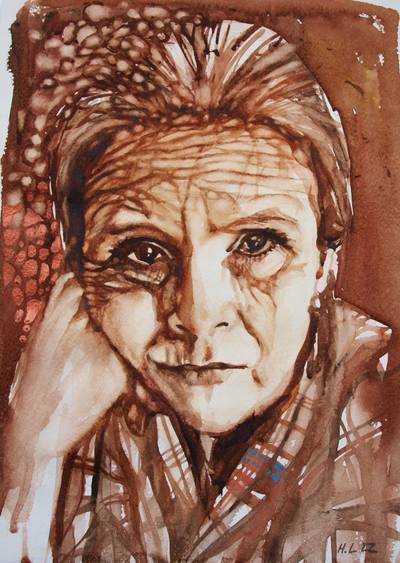

A significant decision in my career was to abandon gallery-based work and pursue my own interests. I began creating pieces independently without telling anyone when I was supposed to complete them or where they would end up. I found creative ways of showing the works; I performed in public spaces or at different events, often filmed those and uploaded them online. I also started to tell other people’s stories, so the video was an excellent format for that, and it started almost accidentally. This was a tremendous professional change for me, and I have continued working that way more or less until now.
READAccessibility Is Not Static: A Conversation With Jenni-Juulia Wallinheimo-Heimonen
Iisa Lepistö’s interview with artist/activist Jenni-Juulia Wallinheimo-Heimonen regarding politics of care, disability, and the aesthetics of assisting devices.
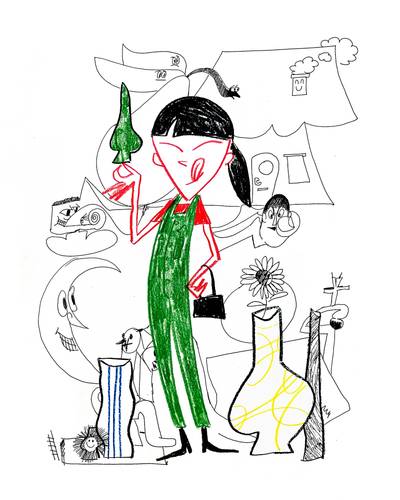

Craftsmanship that leaves a polished finishing and evocative historical notions hidden underneath the fine details. Man Yau’s work with ceramic installations arrests the viewer, while encouraging to revisit and contemplate the uncanny contemporaneity that the artworks embody. In this interview, we discuss artistic processes, practices and labour as well as the intertwining of the personal and the thematic in Yau’s two exhibitions from the spring 2021: M.Y. Chinoiserie at Kuvan Kevät, Exhibition Laboratory, and Dried flowers last forever at Boy Konsthall.
READOn “The Feeling of Being on Display and Under Pressure” — a Conversation With Man Yau
On artistic processes, practices and labour as well as the intertwining of the personal and the thematic in Man Yau’s work.
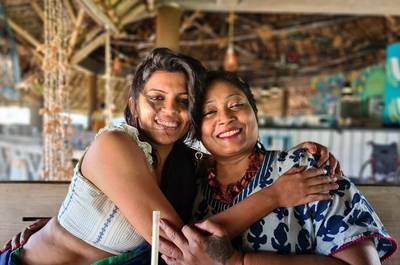

Dr. Aiswarya Rao on navigating hostile spaces for people-particularly women- with disabilities through the organization ‘Better World Shelter for Women with Disabilities’, building safe spaces, changing policies, and tying art into livelihood, fun, and friendship.
READBlending Art, Friendship & Advocacy: A Conversation With Dr. Aiswarya Rao
Dr. Aiswarya Rao on navigating hostile spaces for people-particularly women- with disabilities through the organization ‘Better World Shelter for Women with Disabilities’, building safe spaces, changing policies, and tying art into livelihood, fun, and friendship.


Can we turn folklore into a source of learning - a knowledge source that informs us about social struggles that otherwise go unnoticed by the powerful?
READ“For All Wars to Come”: An Interview with Noor Abed
Can we turn folklore into a source of learning - a knowledge source that informs us about social struggles that otherwise go unnoticed by the powerful?
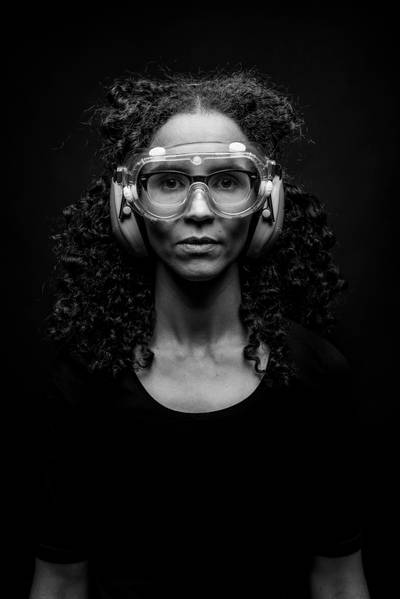

The stapling became the stitching of the colonial wound. The important transition that took place was in calling this work pain-tings, which includes both - the power of the pain that is inflicted and, at the same time, a way to heal transgenerational wounds that continue to be there. I realised quite soon that I was using my energy in the wrong way, as in the case of my first portraiture series titled Shooting Back from 2004. I wanted to stop creating portraits of people who did so much damage because the end result is a portrait of that person, and I don’t want to look at them anymore.
READPatiently Sifting through the Remnants of History: A Conversation with Sasha Huber
Curator and founder of Southnord, Marcia Harvey Isaksson, in conversation with artist Sasha Huber about stitching colonial wounds, remembrance and repair, and following the unpredictable paths of roots and threads.
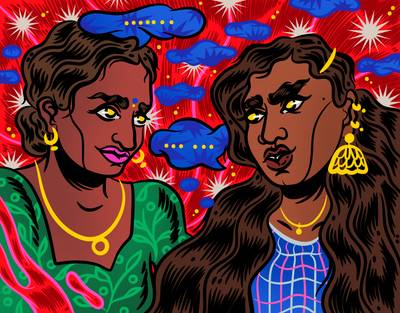

Abinaya and Vanessa reflect on their experiences in the Tamil community and discuss the pressure to represent Tamilness for non-Tamil audiences. Abinaya discusses her work with Tamil Guardian, which sought to combat Sri Lankan government propaganda and elevate the voice of the Eelam Tamil polity. Vanessa discusses her role in editing Tamil Futures, a creative arts magazine aimed at the global Tamil community, which prioritized creative archiving and documenting underrepresented histories.
READWriting Tamilness: Perspectives From Tamil Futures and Tamil Guardian
Abinaya and Vanessa reflect on their experiences in the Tamil community and discuss the pressure to represent Tamilness for non-Tamil audiences. Abinaya discusses her work with Tamil Guardian, which sought to combat Sri Lankan government propaganda and elevate the voice of the Eelam Tamil polity. Vanessa discusses her role in editing Tamil Futures, a creative arts magazine aimed at the global Tamil community that prioritizes creative archiving and documenting underrepresented histories.
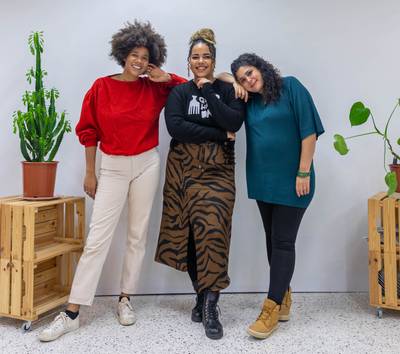

Ubuntu Film Club (Alice Mutoni, Rewina Teklai, Fiona Musanga) in conversation with Good Hair Day (Saida Mäki-Penttilä, Paloma Sandberg, Akunna Onwen) about why community-based organisations are needed?
READWhy Are Community-Based Organisations Needed?
Ubuntu Film Club in conversation with Good Hair Day.
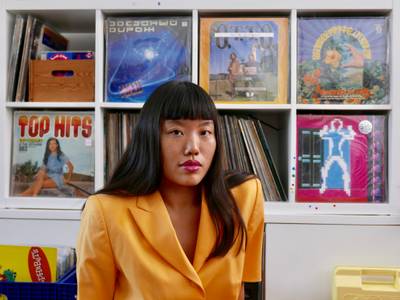

I felt we were living in a crisis within a crisis. I’m not very optimistic about the current systems that we’re living in and how much progress we are making in terms of getting out of this system. Still, the way that I deal with my disappointment and my despair is that I turn to music, underground art, and artist-activist communities.
READDancefloor is a Radicalising Kind of Moment: A Conversation with Ani Phoebe
A conversation with DJ, activist, and founder of Bad Times Disco Ani Phoebe, exploring solidarity work in music spaces during times of austerity and the potential of a political dance floor.
